Animals
-
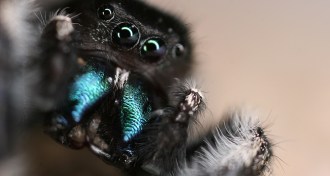 Animals
AnimalsBe careful what you say around jumping spiders
Sensitive leg hairs may let jumping spiders hear sounds through the air at much greater distances than researchers imagined.
By Susan Milius -
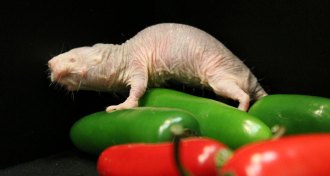 Animals
AnimalsHot and spicy pain signals get blocked in naked mole-rats
Naked mole-rats have a protein that interrupts pain signal.
-
 Animals
AnimalsHot and spicy pain signals get blocked in naked mole-rats
Naked mole-rats have a protein that interrupts pain signal.
-
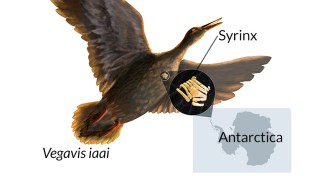 Paleontology
PaleontologyBirds’ honks filled Late Cretaceous air
Oldest avian voice box fossil yet discovered belonged to a ducklike bird that lived during the age of the dinosaurs.
By Meghan Rosen -
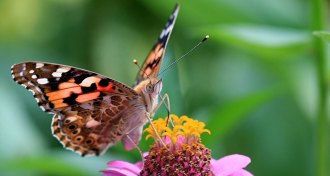 Animals
AnimalsPainted lady butterflies’ migration may take them across the Sahara
The migratory patterns of painted lady butterflies are largely unknown. Now scientists have found evidence that some may migrate across the Sahara.
-
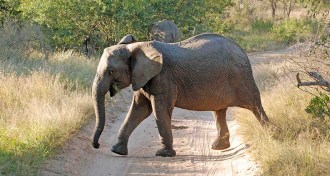 Animals
AnimalsAfrican elephants walk on their tippy-toes
Pressure plates reveal how African elephants load their feet when they walk, providing clues to pachyderm podiatry problems.
-
 Animals
AnimalsAfrican elephants walk on their tippy-toes
Pressure plates reveal how African elephants load their feet when they walk, providing clues to pachyderm podiatry problems.
-
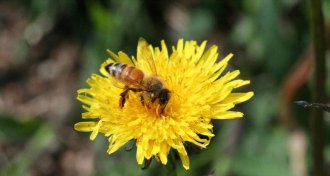 Animals
AnimalsBees take longer to learn floral odors polluted by vehicle fumes
Car and truck exhaust mingling with a floral scent can slow down the important process of honeybees learning the fragrance of a flower.
By Susan Milius -
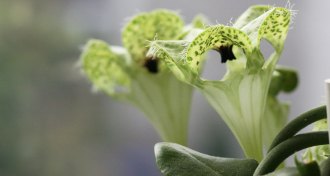 Plants
PlantsFlower lures pollinators with smell of honeybee fear
When it comes to attracting pollinators, one flower species catches more flies with honeybees.
-
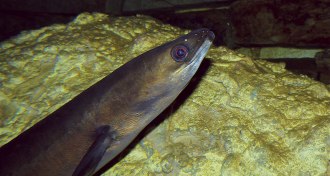 Animals
AnimalsEels may not take most direct route in epic ocean-crossing spawning runs
European eels’ epic ocean migrations to spawn may include more peculiar routes and timing than thought.
By Susan Milius -
 Humans
HumansAnimal hybrids may hold clues to Neandertal-human interbreeding
The physical effects of interbreeding among animals may offer clues to Neandertals’ genetic mark on humans.
By Bruce Bower -
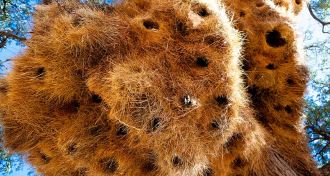 Animals
AnimalsExtreme bird nests bring comforts and catastrophe
Extreme bird nests of Southern Africa’s weaverbirds offer condo living in tough temperatures.
By Susan Milius